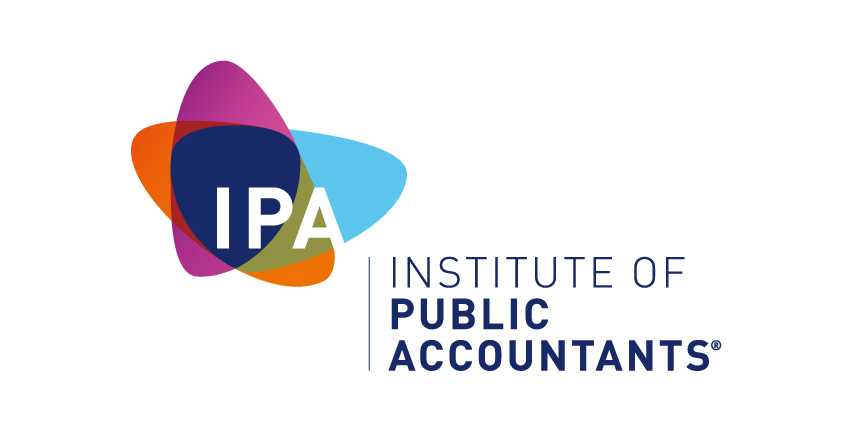ESS drives innovation off-shore
Current tax arrangements around employee share schemes (ESS) are building an unattractive and non-competitive environment for entrepreneurial Australians, according to the Institute of Public Accountants (IPA).
Changes to the tax rules in 2009 governing employee share schemes (ESS) effectively treat employee share options as income which is taxed at the employee's marginal tax rate. If no concessions apply, any discount on the market value of an interest in a share or right provided to an employee under an ESS is taxed as part of the employee's taxable income in the year it is acquired rather than on disposal.
"One of the most effective strategies for a cash-strapped entrepreneurial start-up business needing to attract talented staff is to offer an employee share schemes," said IPA chief executive officer, Andrew Conway.
"Innovation is vital to Australia as it transitions from traditional employment sectors to a digital economy. New innovative technology start-ups have the potential to generate new markets and significant employment growth.
"Without the cash flow to offer a competitive wage, an equity stake is the best option to attract and incentivise employees but the current rules make this strategy null and void.
"This puts start-ups at a huge disadvantage compared with more supportive regulatory environments in other countries. Consequently, we read too often of innovative, entrepreneurial businesses setting up shop overseas.
"Asking employees to pay tax on blue sky which may never be realised considering the high failure rate of start-ups is like paying tax on a tattslotto ticket before it is drawn and without the winnings.
"The IPA recommends the review of the taxing points at which share options are taxed, particularly for small business start-ups.
"Securities provided by companies that meet certain eligibility criteria should have the option of deferring ESS taxing point to when securities have been realised and are able to be traded. By deferring the taxing point it avoids the need to value the shares when they are granted and also provides the employees with the funds required to pay the resulting tax on any discount given.
"We do recommend that companies that do not meet eligibility requirements continue to be taxed in accordance with the current arrangements minimising integrity risk to revenue.
"The Government needs to invest in ways to ensure the entrepreneurial spirit remains in Australia," said Mr Conway.
